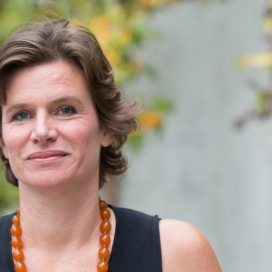
Institute of Innovation and Public Purpose, UCL | Director
This session is designed to explore narratives and best practices around public value and quality of design of the built environment, focusing on innovative and experimental approaches to policymaking and spatial design that prioritise the common good. The session will explore case studies of cities developing critical transformations ‘on the ground’ that aim to improve the lives of urban citizens and help meet SDGs.
The key question will be ‘how do narratives and practices around governance, planning and urban economies need to shift to enable fundamental transformations to a more equitable future?’
This event is organised in partnership with the Council on Urban Initiatives, a collaboration between UN-Habitat, UCL Institute for Innovation and Public Purpose, and LSE Cities at the London School of Economics. Launched in November 2021, the Council is an independent body established constituted by an international group of eighteen pioneering mayors, practitioners, activists and academics. The Council’s mission is to advocate for the power of cities to promote systemic change to achieve the goal of the green, just and healthy city.
Transforming cities by investing in public value and public space

Institute of Innovation and Public Purpose, UCL | Director
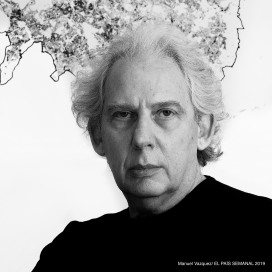
LSE Cities, London School of Economics | Director
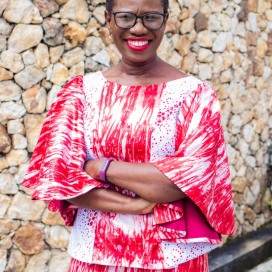
Freetown City Council | Mayor of Freetown

The Shift | Director
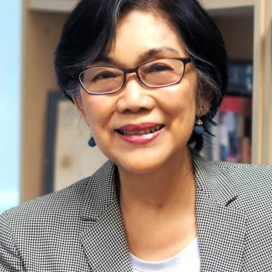
Lee Kuan Yew Centre for Innovative Cities | Professor
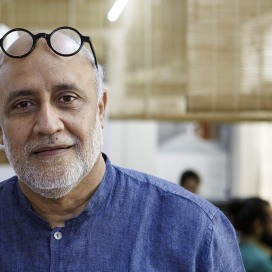
Graduate School of Design, Harvard University | Professor
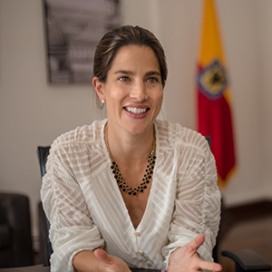
Secreataría Distrital de la Mujer | Secretaria Distrital de la Mujer
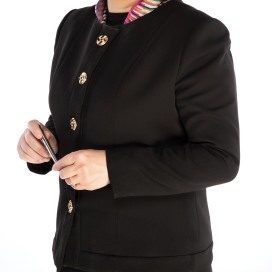
Gaziantep Metropolitan Municipality | Mayor
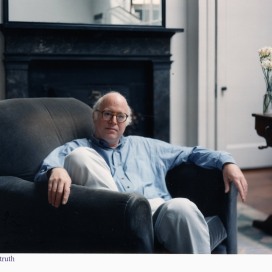
Massachusetts Institute of Technology (MIT) | Visiting Professor
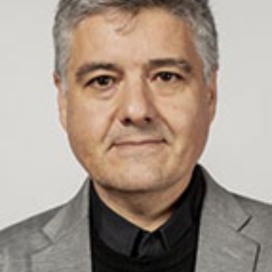
City of Barcelona | Housing Manager